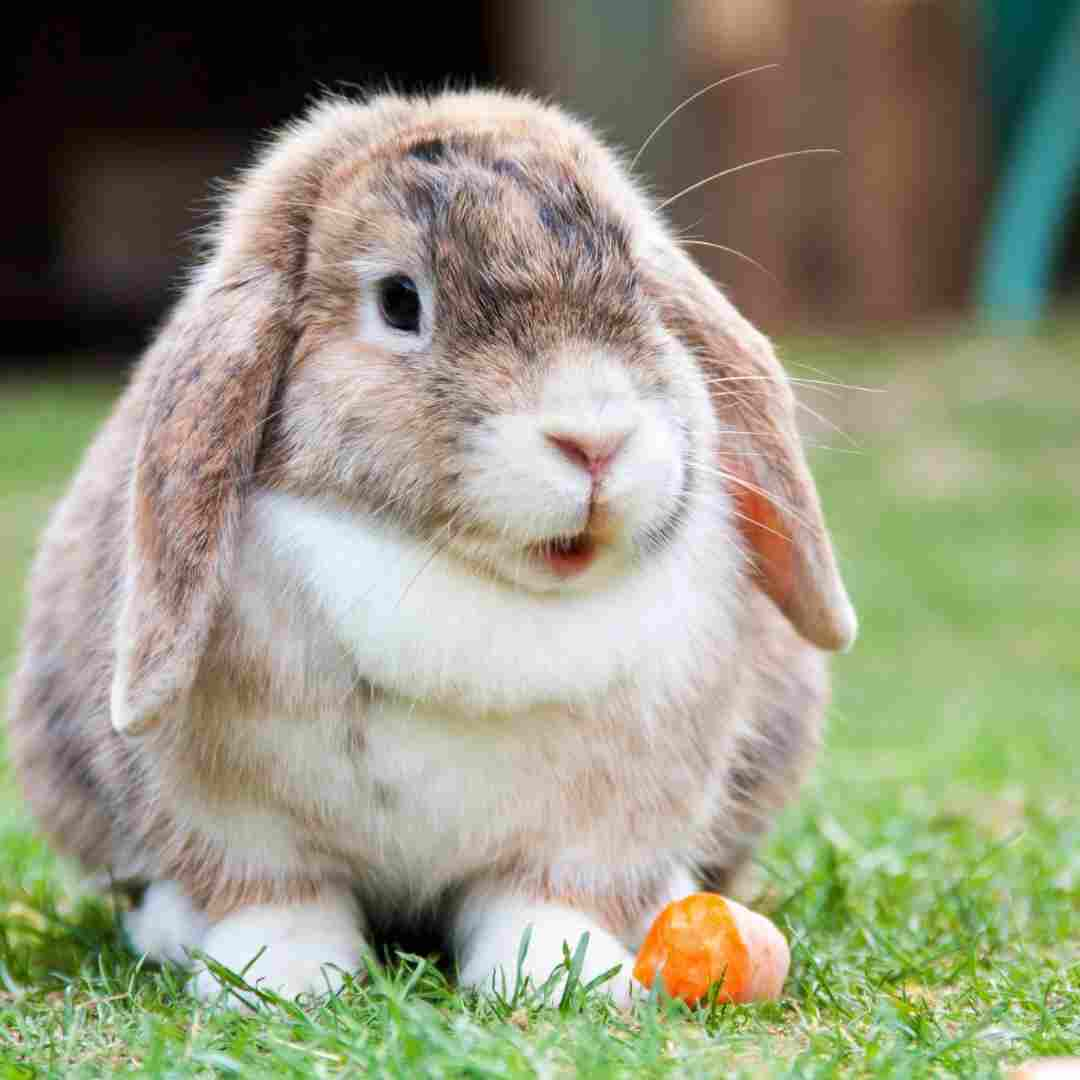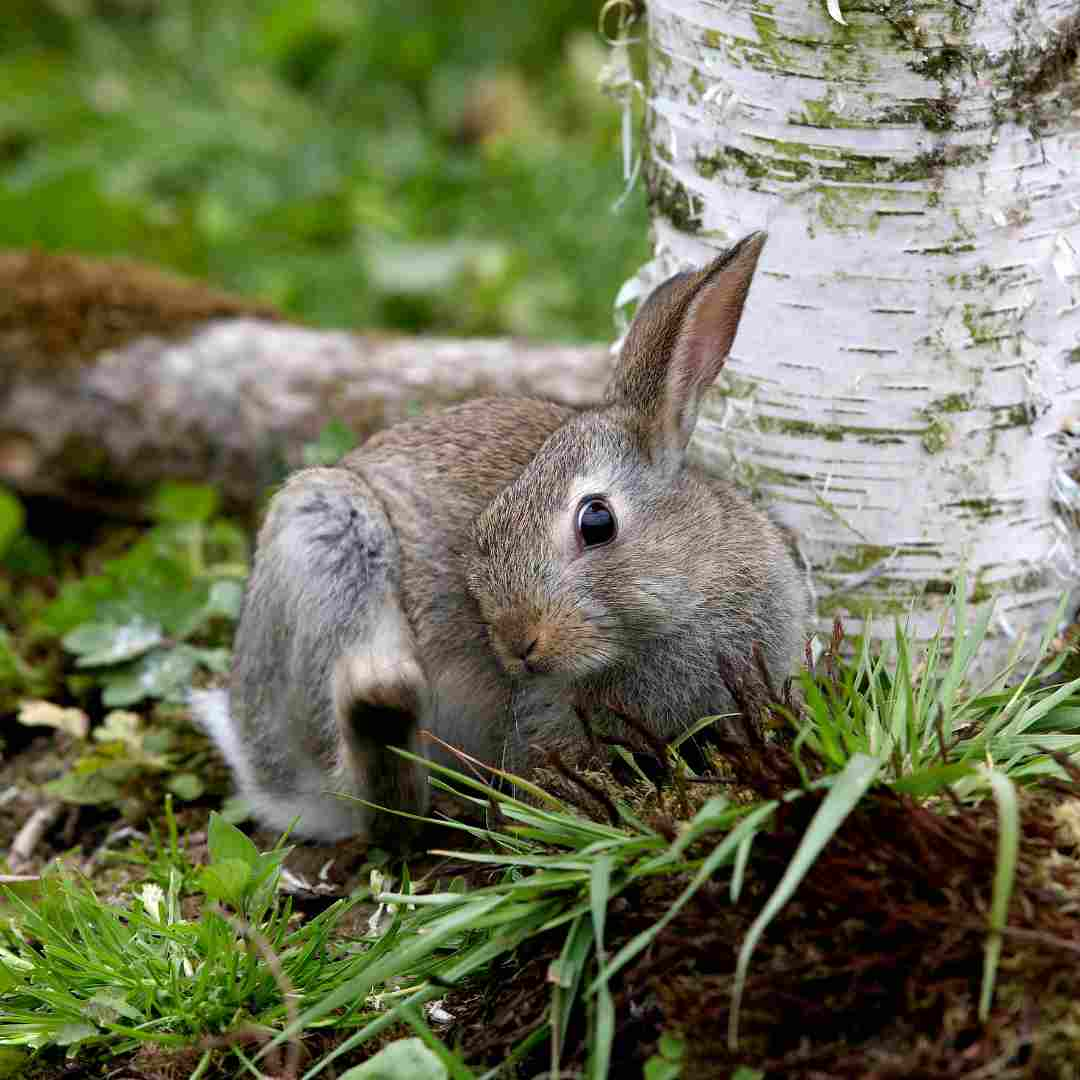Contents Table
Introduction
If a Rabbit Scratches You
How to Avoid Rabbit Scratches
Reading Rabbit Body Language to Avoid Scratches
Health Risks of Rabbit Scratches
Treatment for Rabbit Scratch
Q&A
Conclusion
Introduction
Rabbit scratches are terrible. Rabbits can injure you with their sharp claws. How to treat rabbit scratches and avoid them are covered in this article. The hazards and treatment of rabbit scratches will also be discussed. Finally, we will offer rabbit handling suggestions for safety and humaneness.
If a Rabbit Scratches You
If a rabbit scratches you, treat the wound to reduce infection risk.
The wound must be cleaned first. Clean gently with warm water and mild soap. To stop bleeding, apply pressure with a clean cloth or bandage.
Next, apply wound antibiotic ointment. This aids healing and infection prevention.
If the wound is deep or not healing, see a doctor. A doctor can examine and treat the wound.
Preventing future harm is crucial. If the rabbit isn't a pet, stay away. To keep a pet rabbit from being bored and angry, manage it cautiously and provide it the right toys and activities.
Following these measures will correctly treat the wound and reduce infection risk.
How to Avoid Rabbit Scratches
Rabbits are friendly but territorial and may scratch if threatened. Understanding rabbit behaviour and taking precautions can help you avoid being scratched.
Give the bunny space first. Rabbits are territorial and may attack if their space is invaded. Give rabbits space and let them approach you on their own.
Second, handle the rabbit properly. Picking up a rabbit requires supporting its hindquarters and keeping its feet on the ground. Helping the rabbit feel secure will keep it from struggling and scratching.
Third, treat rabbits gently and patiently. Rabbits are readily frightened and aggressive if threatened. When approaching a rabbit, go carefully and speak softly.
Finally, give the rabbit lots of toys and activities. Rabbits can get bored and agitated without proper stimulus. To keep the rabbit busy and less aggressive, give it lots of toys and activities.
These guidelines will help you engage with rabbits safely and enjoyably.
Reading Rabbit Body Language to Avoid Scratches
Rabbits are friendly, yet they can be frightened and scratch if threatened. Preventing scratches and having a joyful, safe connection with your rabbit requires understanding rabbit body language.
Rabbits with calm and contented ears and wide open eyes are regularly seen. They may be grooming or hopping. Rabbits' ears drop and their eyes shrink when terrified or threatened. They may also crouch and bang their hind legs.
Rabbits may growl, bite, and lunge when aggressive. Fur may stand on end and they may thump their rear legs harder. To avoid being scratched, recognise these indications and back away from the rabbit.
Rabbits may pant, grind their teeth, or drool when stressed. They may shake or tremble. Provide a safe and comfortable environment for the rabbit and remove any stressors.
Avoid scratches and have a joyful, safe connection with your rabbit by reading body language. Give your rabbit space and let them come to you if you're unsure how they're feeling.
Health Risks of Rabbit Scratches
Deep or infected rabbit scratches can harm humans. To avoid health concerns, handle rabbits carefully.
Rabbit claws and teeth can scrape and penetrate. A rabbit with ringworm or other bacterial or fungal infection can infect these wounds. Scratches from infected rabbits can infect humans.
Rabbits also contain fleas and mites, which can irritate skin and create allergies. These parasites can spread through scratches.
To avoid health concerns, handle rabbits carefully. Wear gloves when handling rabbits to avoid scratches and biting. Rabbit bites and scratches require rapid soap and water cleaning. Seek medical assistance if the rabbit has a deep cut or an infection.
Maintaining rabbit health and parasite-free is crucial. Rabbits can stay healthy and parasite-free with regular vet visits and grooming.
You can limit rabbit scratch health risks by adopting safeguards.
Treatment for Rabbit Scratch
Rabbit scratches can cause pain and illness if untreated. To prevent infection and adequately care for the wound, follow the appropriate actions. Treating rabbit scratch injuries is covered in this article.
Cleaning a rabbit scratch wound is the first step. Clean gently with mild soap and warm water. Fully cleanse and dry the wound with a clean cloth. To stop bleeding, apply pressure with a clean cloth or bandage.
Clean the wound and apply antibiotic ointment. This aids healing and infection prevention. You may need to flush a deep or debris-filled wound with saline.
If the wound hurts, try a cold compress. Swelling and soreness will decrease. Take an OTC painkiller like ibuprofen or paracetamol to alleviate the pain.
Seek medical assistance if the wound does not heal within a few days or turns red, puffy, or painful. Doctors can decide if the wound needs stitches or antibiotics.
These steps will help treat your rabbit scratch injuries and reduce infection risk. Talk to your doctor about any concerns.
Q&A
1. First, what if a rabbit scratches me?
When a rabbit scratches you, wash the wound and apply antibiotic ointment. Deep or bleeding wounds require medical treatment.
2. Is rabbit scratching normal?
Scratching is normal for rabbits. Rabbits groom and defend themselves with their claws.
3. How can I avoid rabbit scratches?
To avoid rabbit scratches, handle them carefully and don't surprise them. Keep their nails clipped and give them lots of toys and activities to do.
4. What should I do if my rabbit keeps scratching?
For medical reasons, take your rabbit to the vet if it keeps scratching. Give them lots of enrichment activities and handle them gently.
5. Are rabbit scratches dangerous?
Rabbit scratches have dangers. If the wound is deep or bleeding heavily, get medical attention. Infection might occur if the wound is not cleansed and managed.
Conclusion
If a rabbit scratches you, clean and treat the wound. The wound should also be checked for infection. If infection symptoms appear, seek medical assistance immediately. Bacteria and viruses can spread from rabbits, thus care must be taken.
